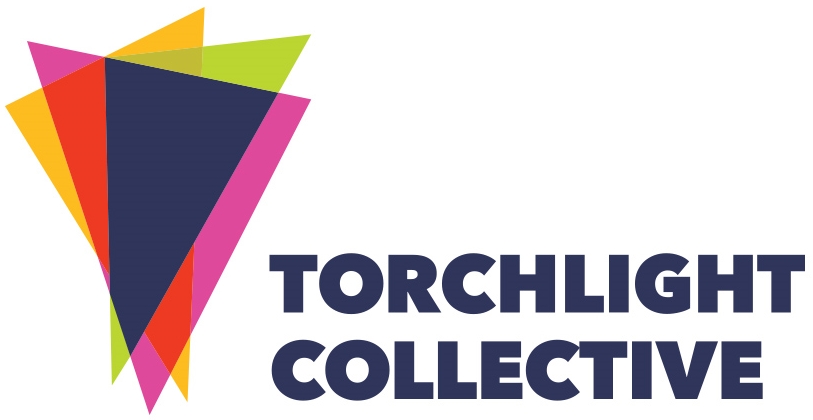By: Grace Wilentz
On May 26, 2018 in a landslide victory (66.4%), the Irish electorate voted to repeal Ireland’s near-total Constitutional ban on abortion: the 8th Amendment. Since 1983, the 8th Amendment forced more than 170,000 women and girls to travel abroad to access abortion services. Countless more imported pills, self-administering them without the recommended medical supervision and support. Now, with the 8th amendment gone, the government can finally guarantee access to safe abortion in Ireland.
While the overwhelming support for repealing the 8th Amendment spanned all demographics, the levels of support among young people signal a generational shift in attitudes towards sexual and reproductive rights. According to exit polling conducted by Raidió Teilifís Éireann (RTÉ), 87% of all young people aged 18-24, and 94% of young women, voted to remove the abortion ban. This sends a strong message to parliamentarians about the direction in which Irish society is moving in terms of realizing the rights, health, equality and bodily autonomy of women and girls.
At the same time, young people are making the links between an array of laws and policies, or lack thereof, that impact their rights to exercise full bodily autonomy. Youth movements are increasingly mobilizing and organizing around key sexual rights issues, including access to free, safe and legal abortion; securing marriage equality; fighting rape culture, and ending female genital mutilation (FGM). Young people, and especially younger feminists, have stepped up as leading organizers, spokespeople, and campaigners.
In advance of the referendum, youth activism was vital in reaching communities across Ireland and advancing a common understanding of the real harms caused the 8th Amendment. Many young women came forward to tell their abortion stories through national and social media, and at public forums. Their bravery turned the tide of the national conversation about abortion in Ireland. Indeed, polling conducted by Raidió Teilifís Éireann (RTÉ), found that 77% of voters reported being most influenced by the experiences of people they knew or by personal abortion stories covered in the media.
Many more gave their time and skills in other ways, particularly through engaging with the Abortion Rights Campaign’s local groups across the country. Through these groups, individuals and especially young women could channel their energy for choice and change. These structures, where young activists can access support, community and training, are vital. I know this first hand, having entered the abortion rights movement in Ireland at 23, and at 33 seeing the women’s movement not only thrive but change the Constitution!
Ireland’s historic referenda on marriage equality and abortion have also proven to be major mobilizing opportunities for getting out the youth vote. Marriage equality saw nearly 30,000 young people registering to vote in advance of the referendum, and it was estimated that up to 125,000 young people registered to vote in advance of the referendum to remove the 8th Amendment, due in no small part to the powerful Students for Choice campaign organised by the Union of Students in ireland. Those same young people want legislation to guarantee equitable access to abortion, and certainly many will be using their vote again in the next general election to make sure legislation enabling access to abortion is enacted and implemented.
Repeal of the 8th Amendment made history in Ireland, and we hope it gives strength to grassroots movements for women’s rights across the globe. Still, the work in Ireland is far from over. As one of the last countries in our region to legislate for abortion, our new law should be informed by what has and hasn’t worked. But general schemes of the draft bill, published by the Department of Health, indicate that provisions will likely fall short. As it stands, access up to 12 weeks is guaranteed but barriers remain; womens’ and girls’ right to health is qualified; and there are many other major concerns. The public did not vote for barriers to access, and the government must remember the mandate it was given. Young people, especially young women and girls, will be mobilizing to hold their elected representatives to account.

